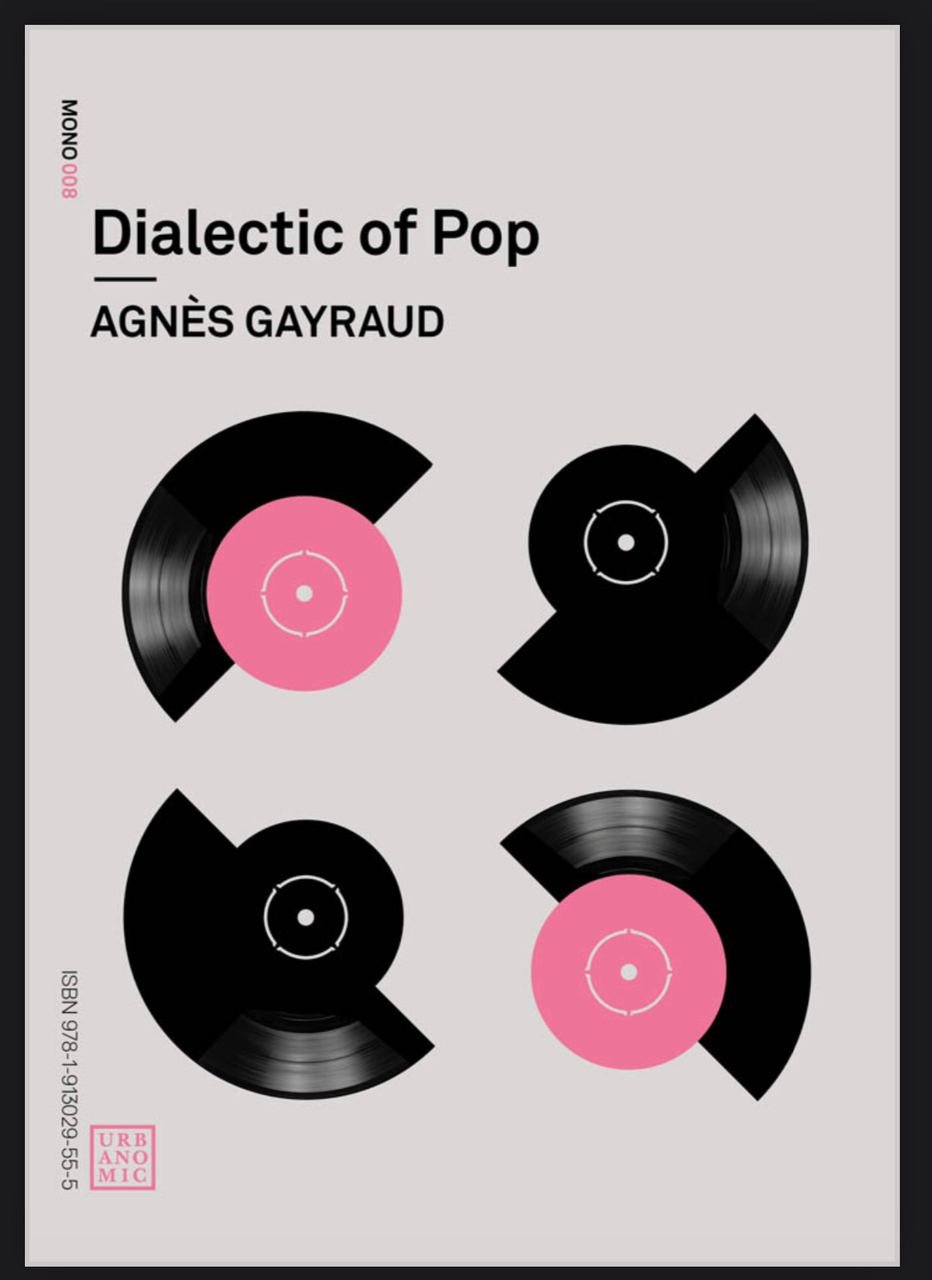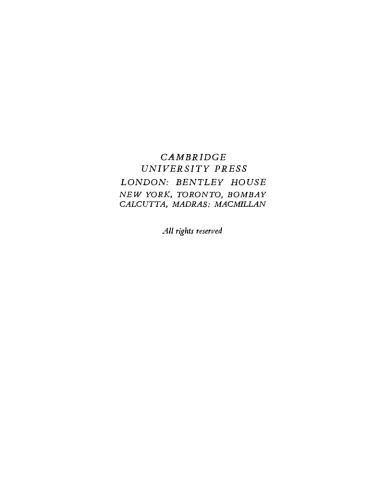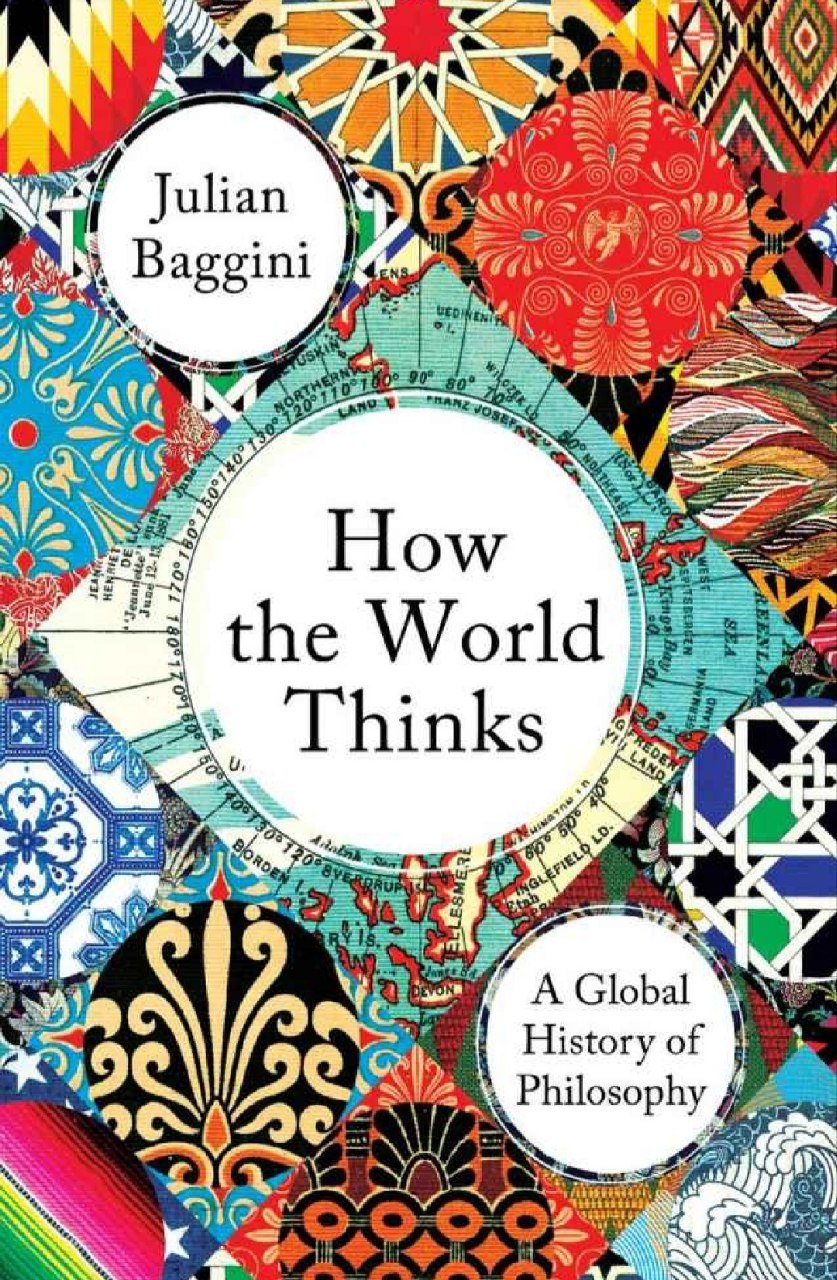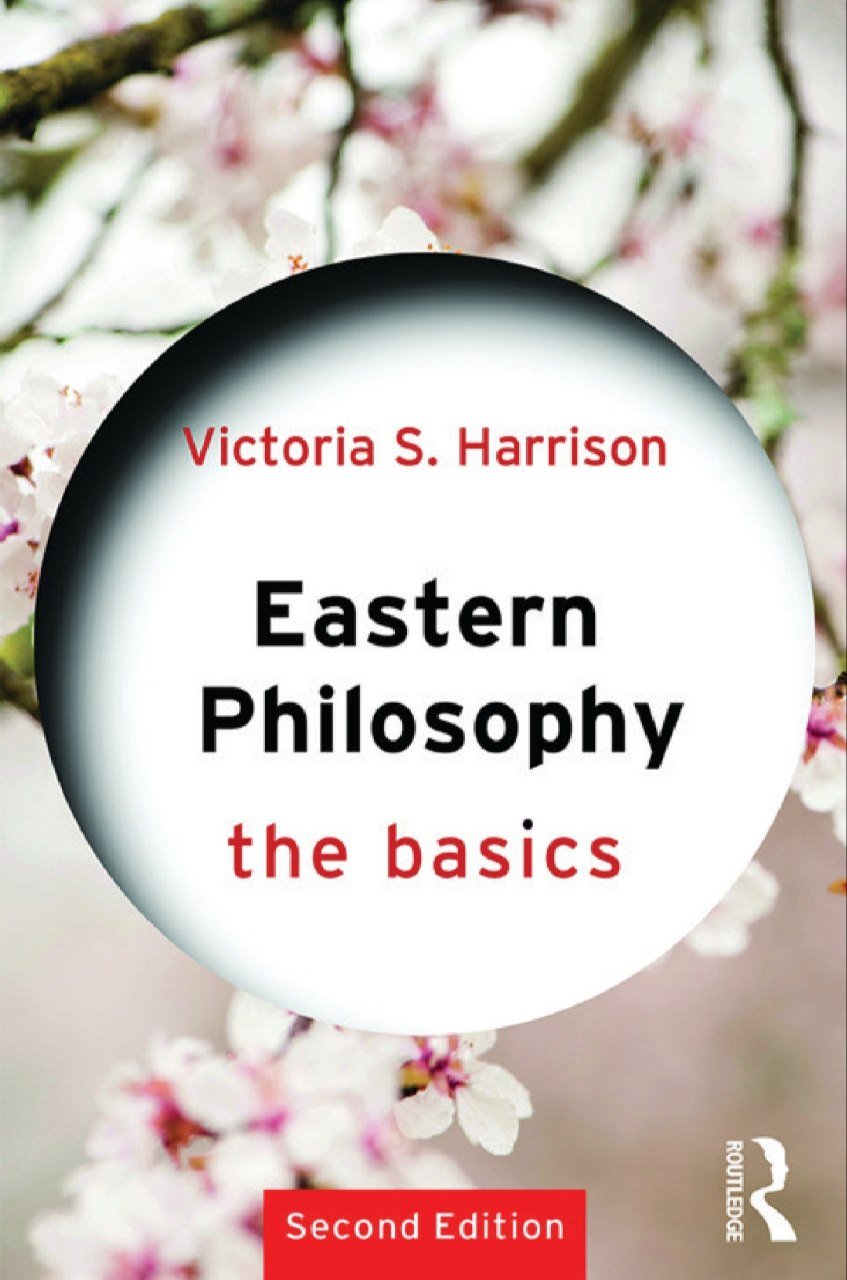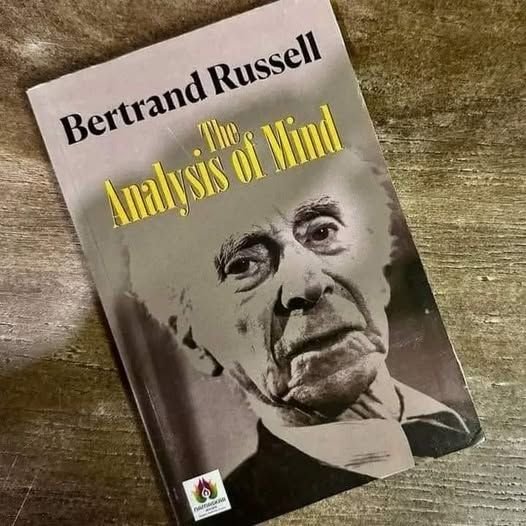

Hegel by Frederick Beiser
Reviews
No review yet. Be the first to review this book!
Description
Hegel by Frederick Beiser is a comprehensive and insightful exploration of the life, work, and enduring legacy of one of philosophy's most complex and influential thinkers, Georg Wilhelm Friedrich Hegel. In this meticulously researched book, Beiser presents a clear and accessible account of Hegel’s intellectual development, his major philosophical contributions, and his significance within the broader landscape of German Idealism and modern philosophy. Beiser carefully reconstructs the historical and intellectual context in which Hegel’s thought emerged, providing readers with an understanding of the philosophical debates and cultural movements that shaped his ideas. From Hegel’s early theological writings to his mature system in works like The Phenomenology of Spirit, The Science of Logic, and The Philosophy of Right, Beiser guides the reader through the key themes of Hegel’s philosophy—such as his concepts of absolute idealism, dialectics, freedom, and the unfolding of spirit (Geist). What sets Beiser’s account apart is his ability to demystify Hegel’s often dense and difficult prose, offering lucid explanations of his arguments without oversimplifying them. Beiser also addresses common misconceptions about Hegel, including the mistaken view that his philosophy is purely abstract or detached from practical concerns. Instead, Beiser highlights how Hegel’s thought engages deeply with questions of politics, history, religion, and human freedom. In addition to providing a thorough introduction to Hegel’s ideas, Beiser critically assesses his influence on subsequent thinkers and philosophical movements, including Marxism, existentialism, and postmodernism. He portrays Hegel not only as a system-builder but as a philosopher deeply concerned with the human condition and the possibilities for rational self-realization. Frederick Beiser’s Hegel is an essential text for students, scholars, and general readers seeking to understand one of philosophy’s most profound and challenging figures. It offers a balanced and nuanced portrait that situates Hegel within the ongoing conversation of philosophical thought, demonstrating his relevance to contemporary debates in metaphysics, ethics, and political theory.























.jpeg)





.jpg)




.jpg)

.jpeg)

.jpg)






.jpg)
.jpg)





.jpg)





.jpeg)


.jpg)






.png)

.jpeg)



.jpg)





.jpeg)












